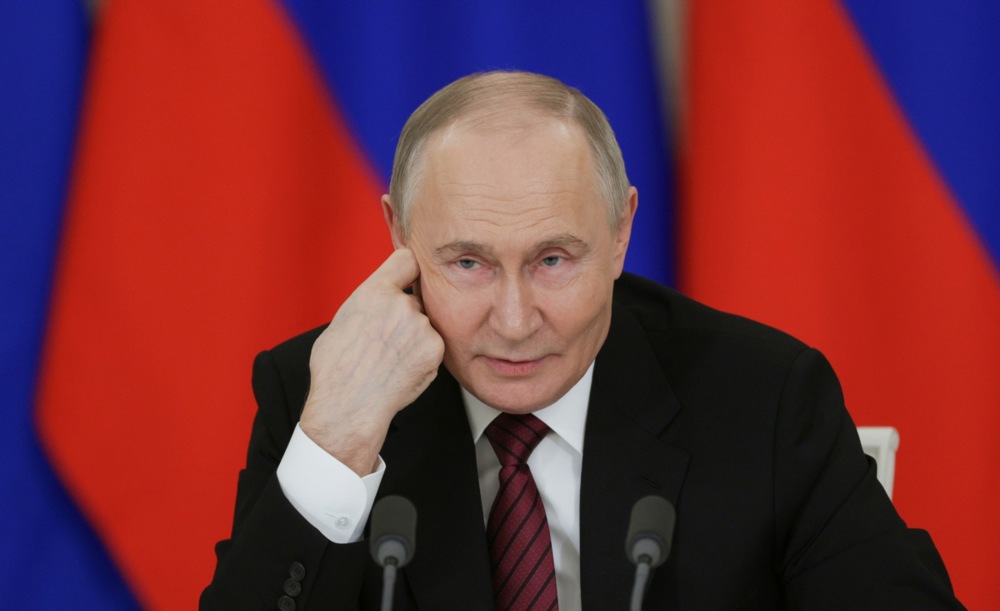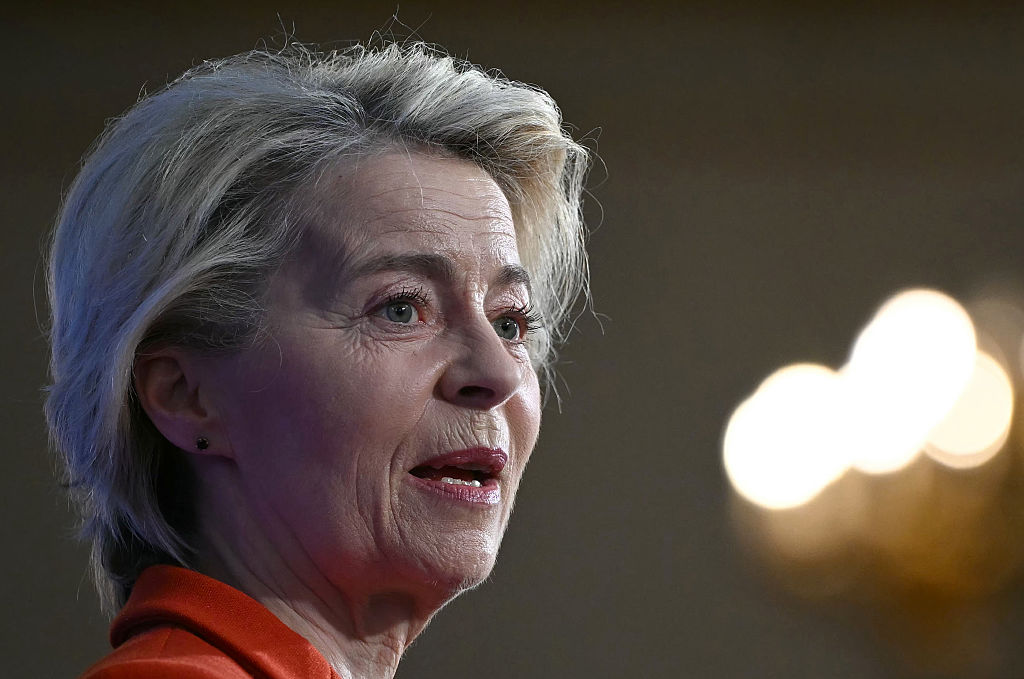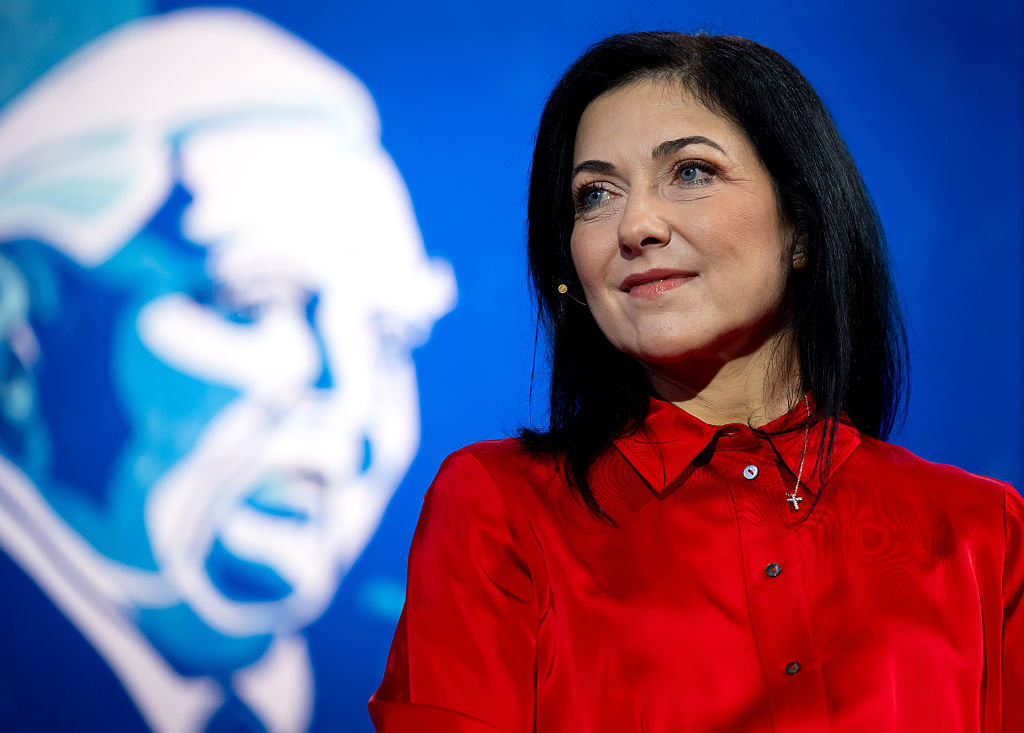BRUSSELS – The EU pledged to ramp up sanctions on Russia on Tuesday after the Kremlin ignored the bloc’s ultimatum to agree to a 30-day ceasefire in Ukraine.
“In the absence of a ceasefire… we are indeed looking into further sanctions,” the Commission chief spokesperson, Paula Pinho, told reporters.
The comments come after leaders from France, Germany, Poland, and the UK threatened Moscow with “massive” sanctions if Russian President Vladimir Putin failed to agree to a month-long pause in the fighting by midnight on Monday.
Any new measures will come on top of the EU’s 17th sanctions package, which is expected to be agreed upon on Wednesday by member states’ envoys to Brussels.
European finance ministers went further, explicitly urging the Commission to propose an 18th sanctions package on Tuesday.
“Until there is [a] constant and reliable and sustainable ceasefire and real, just, and fair peace negotiations, of course, we have to think about strengthening the sanctions regime,” Lithuania’s Rimantas Šadžius said before meeting his EU counterparts in Brussels.
Šadžius noted that the additional measures should seek to “cut off” Russia’s banking sector from the rest of the global economy and urged the EU to clamp down on sanctions circumvention by imposing restrictive measures on “third countries and parties.”
Elisabeth Svantesson, Sweden’s finance minister, echoed Šadžius’ call for an additional sanctions package. She urged additional listings of Moscow’s ‘shadow fleet’ of oil-exporting ships used to circumvent a Western oil price cap.
France’s Foreign Minister Jean-Noël Barrot also said on Monday that the EU is currently preparing a “particularly powerful and massive” sanctions package targeting the energy and financial sector that will be imposed if no ceasefire is agreed.
The sanctions will be “coordinated” with the US and could include a 500% tariff on Russian oil imports, Barrot noted.
Working on workarounds
The 17th package includes visa bans and asset freezes for Russian government officials and business leaders. It also includes various export restrictions and some additional listings of Russia’s “shadow fleet” and companies involved in sanctions evasion.
The package’s relative weakness means it is unlikely to be vetoed on Wednesday by Hungary and Slovakia, the bloc’s most pro-Moscow member states that remain heavily dependent on Russian energy imports, according to EU diplomats.
Sanctions require unanimous support among the bloc’s member states and must be renewed every six months.
An EU official said on Tuesday that the EU is currently “actively working” on “workarounds” to the sanctions regime ahead of a crunch vote on the sanctions rollover in July.
The pledge to ramp up sanctions comes after Ukrainian President Volodymyr Zelenskyy’s offer on Monday to fly to Türkiye on Thursday to “personally” meet Putin.
The Russian president has not responded to Zelenskyy’s offer but called over the weekend for “direct talks” with Ukrainian officials in Istanbul “without any preconditions.”
US President Donald Trump said yesterday that there is a “possibility” that he could attend Thursday’s potential meeting to facilitate a peace agreement to the three-year-long war.
Russian and Ukrainian officials met in Istanbul during the early stages of the war in 2022 but failed to reach an agreement. Both sides blamed the other for the breakdown in the talks.
The Kremlin on Monday slammed EU leaders’ calls for a ceasefire as an “unacceptable ultimatum.”
“You can’t talk to Russia in that way,” said Dmitry Peskov, Putin’s spokesperson.
(mm)
Source: www.euractiv.com



